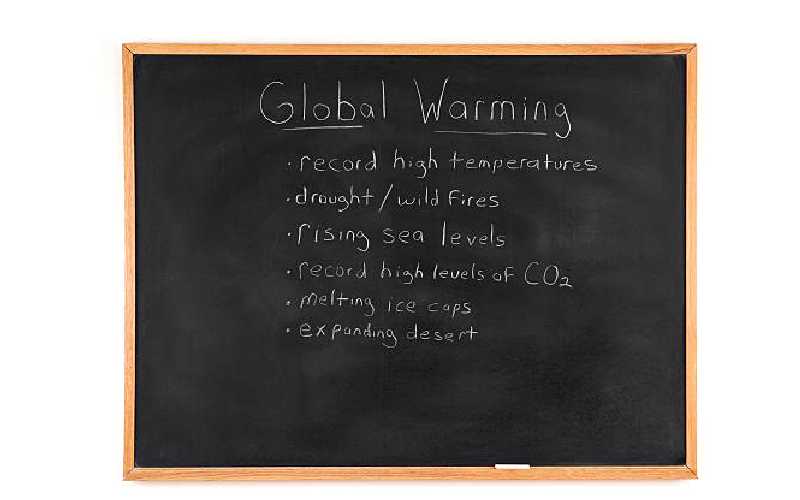×
The Standard e-Paper
Home To Bold Columnists

One of the biggest impediments to our national response to the adverse effects of Climate Change lies in language.
While the consequences of the crisis are obvious to the average person, their individual contributions to the drivers and responsibilities to avert it are not.